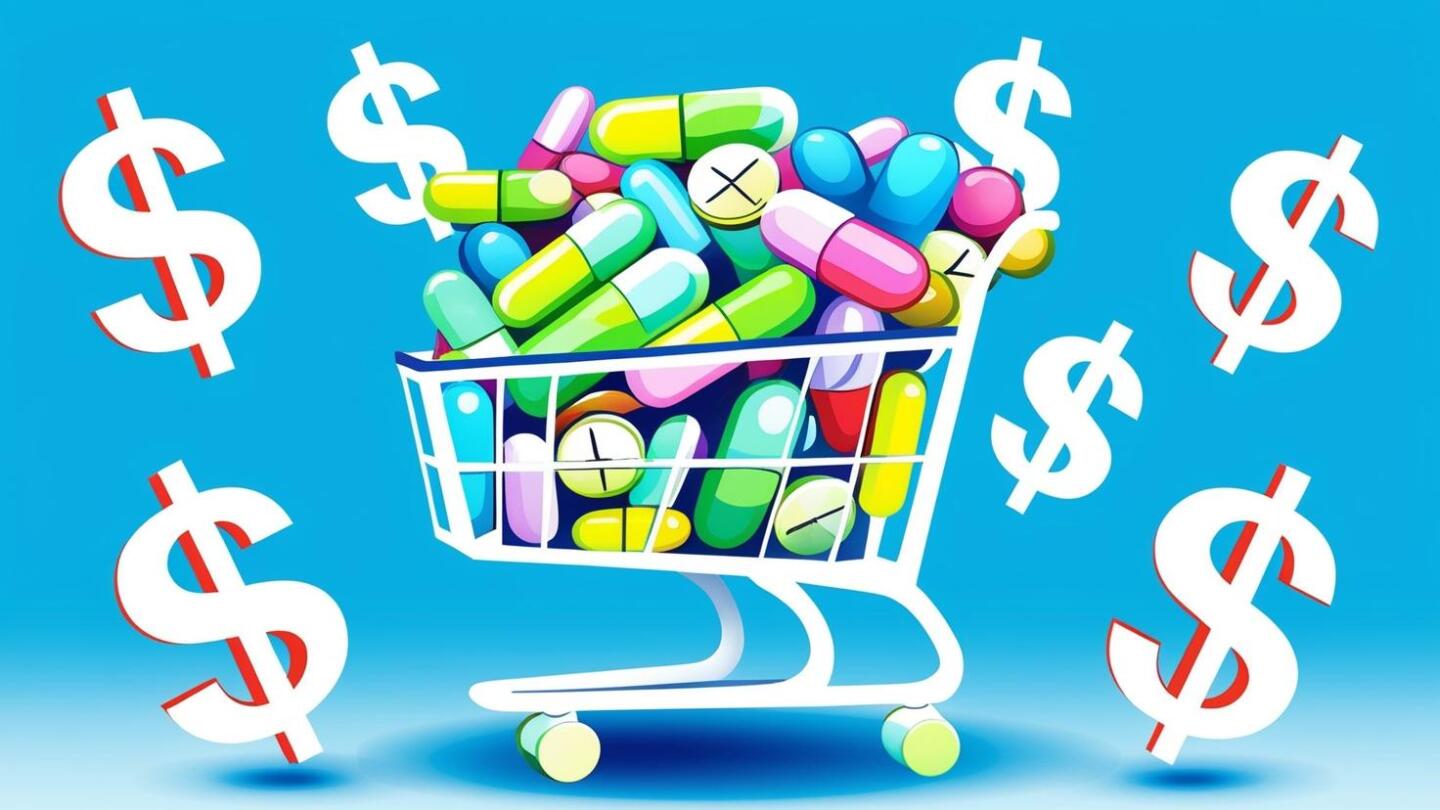Business
With Biogen’s multiple sclerosis portfolio facing more generic pressure than ever, the company is eyeing a busy late-stage pipeline and hunting for deals to build its return to growth.
FEATURED STORIES
Analysts parsed the limited data available for Pfizer’s obesity candidate on the pharma’s fourth-quarter earnings call Tuesday, looking for any nugget of additional context.
After advancing in lockstep through the pandemic, the fortunes of the biotechs have diverged as their use of COVID-19 windfalls has taken shape.
After suffering in the wake of expired tax incentives for pharmas, the island is trying to take advantage of geopolitics to grow its drug manufacturing sector.
Subscribe to BioPharm Executive
Market insights and trending stories for biopharma leaders, in your inbox every Wednesday
THE LATEST
The SPAC agreement values PrimeGen US at $1.5 billion in equity and gives it capital to advance its pre-clinical triple-activated mesenchymal stem cell pipeline into the clinic.
In this episode of Denatured, Jennifer C. Smith-Parker speaks to Erik Digman Wiklund, CEO of Circio and Jacob Becraft, Co-founder and CEO of Strand Therapeutics. They discuss how post-COVID, emerging platforms like circular and logic circuit RNA are expanding the field’s therapeutic horizons.
Novo Nordisk and Eli Lilly both think the Wegovy pill is doing well, but the American rival sees the successful launch as a harbinger of good news for its own candidate, orforglipron, which is expected to hit the market in the second quarter.
On its fourth quarter earnings call Wednesday, AbbVie CEO Robert Michael called oncology and neuroscience “underappreciated” areas of focus for the pharma.
Novo Nordisk CEO Maziar Mike Doustdar acknowledged the market pressure facing the company’s GLP-1 products but sought to assure investors that Novo has the situation under control.
Amgen believes that it can transcend the expected tradeoff between convenience and efficacy, anticipating that its investigational obesity drug MariTide will continue to provide competitive weight loss even at monthly or longer schedules.
Instead of joining the increasingly crowded GLP-1 arena, GSK will focus its efforts downstream of obesity—a push currently anchored by its Phase III-ready FGF21 analog efimosfermin alfa for liver fibrosis.
Mounjaro and Zepbound combined for $11.7 billion in the fourth quarter, which beat analyst consensus of $10.6 billion.
Novartis will still be on the lookout for early-stage deals under $2 billion, and later-stage agreements around a product that could reach the market within five years, CEO Vas Narasimhan said Wednesday.
Pfizer announces the first data from its Metsera-acquired pipeline just ahead of its earnings call, where analysts pressed execs for more details; Merck and Roche also released Q4 and full year earnings, with Eli Lilly, Novo Nordisk and others reporting Wednesday; REGENXBIO hits a regulatory snag ahead of its upcoming PDUFA; more.
















